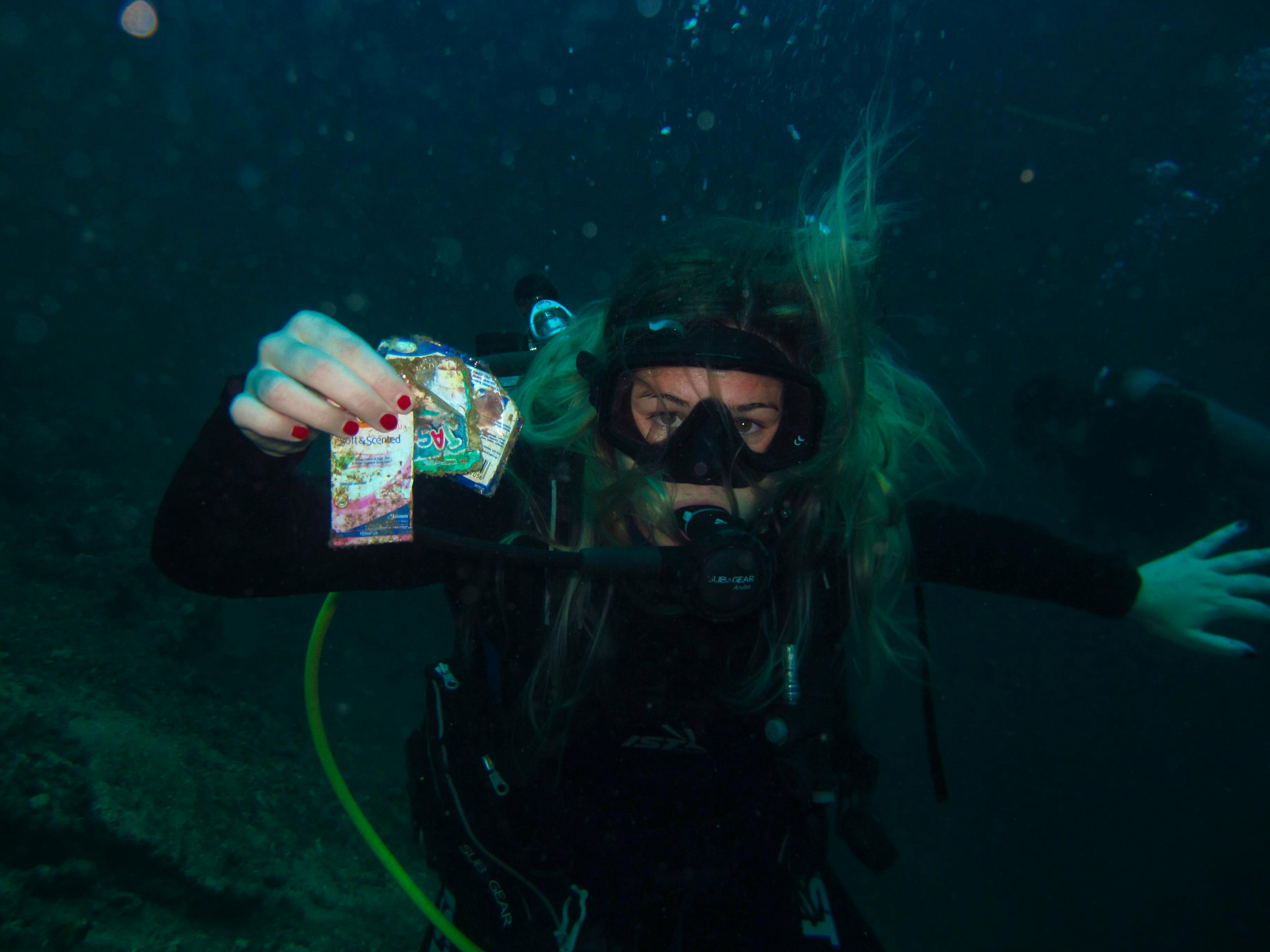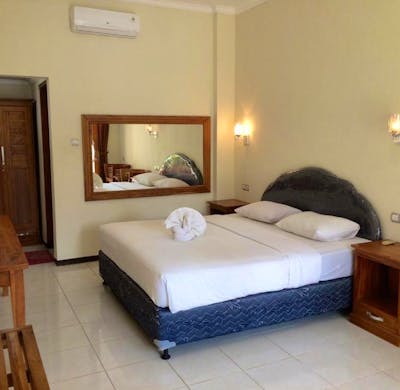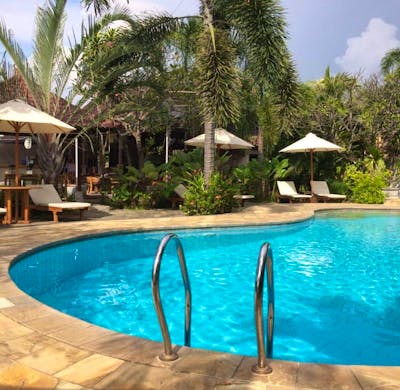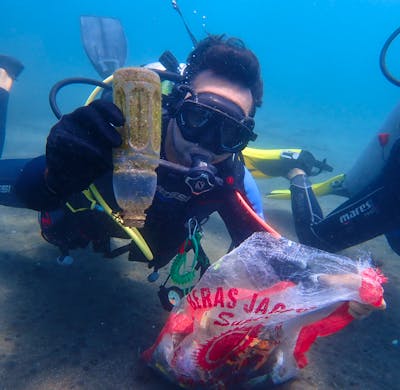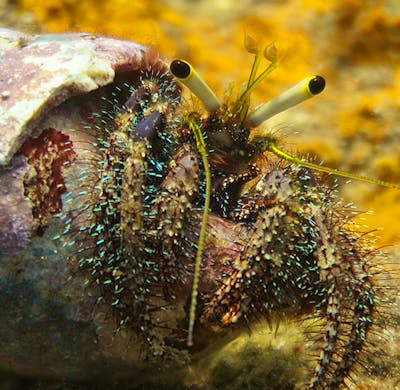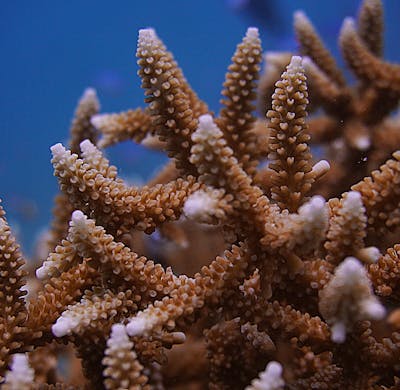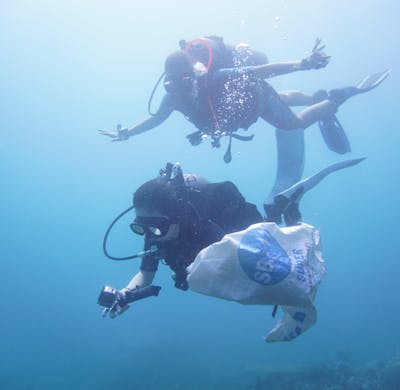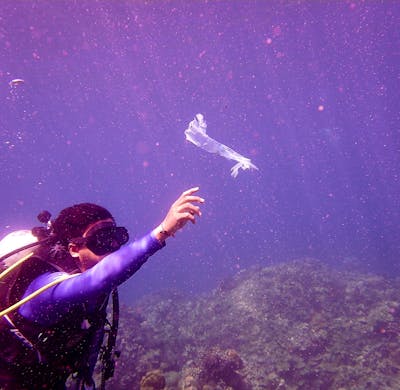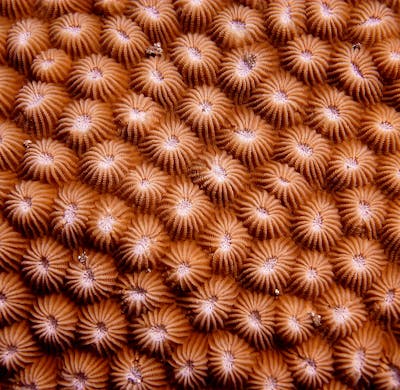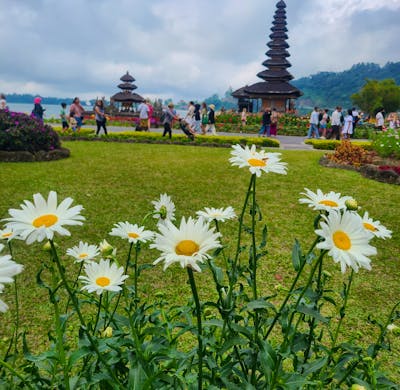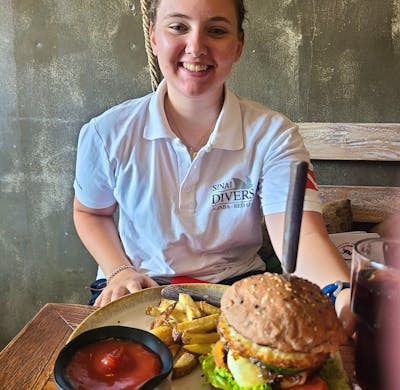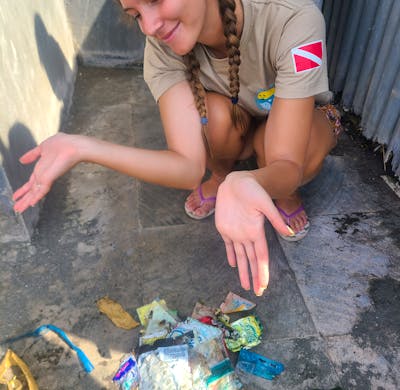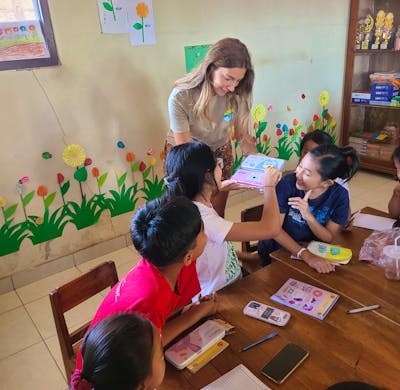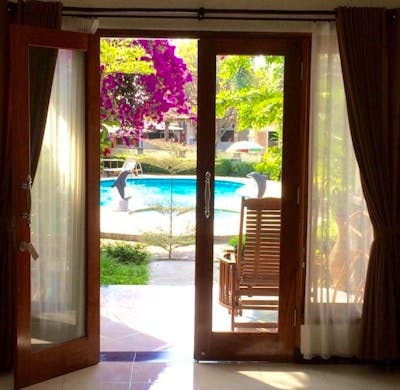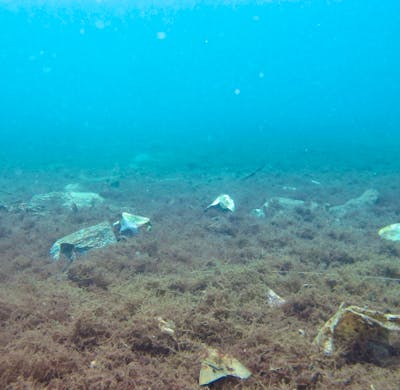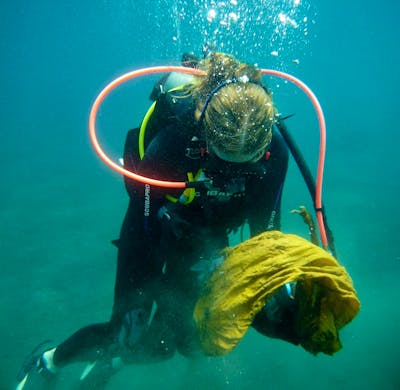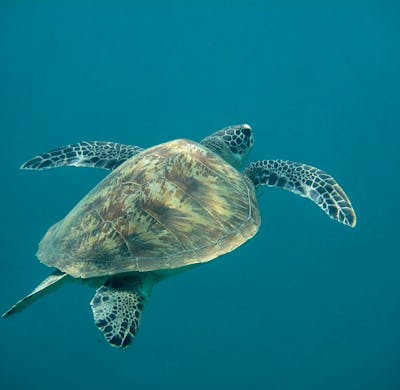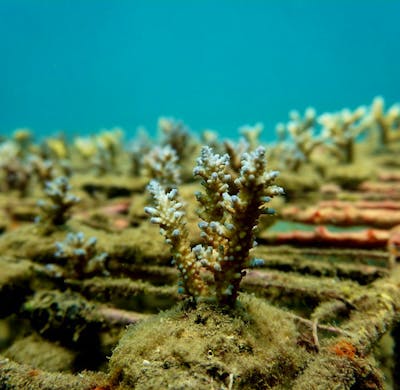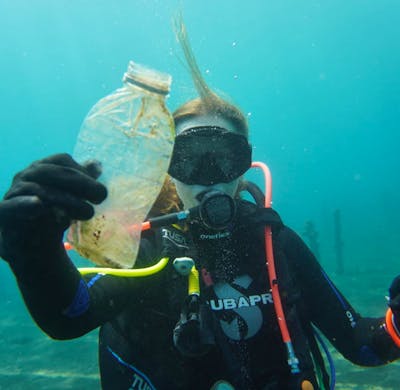2024 at Dive Against Marine Debris
Hellooo! Component .... were are you 🧐?
Dive Against Marine Debris
1 - 4 weeks
·
Age 18 - 50+
Verified by Volunteer World
Good response rate
Outstanding 4.9 ·
·
Verified by Volunteer World
·
·
·
Verified by Volunteer World
·

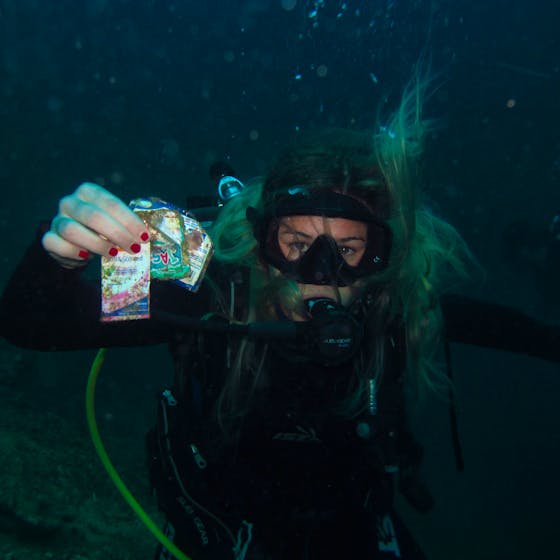

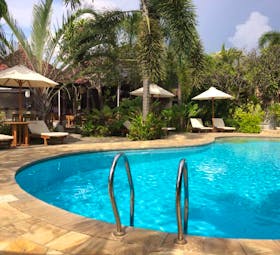
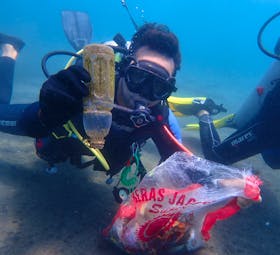
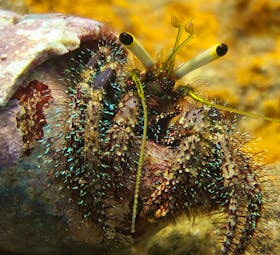
1 - 4 weeks
·
Age 18 - 50+
·
Good response rate
Highlights
- Wildlife entanglement and Ingestion, Ingestion of debris by animals is another serious problem.
- Keep your favorite dive site and local marine environment free of debris
- Our ocean's need you - more than 250 million tonnes of plastic are estimated to make its way into our oceans
- Human Health and Safety
- Its FUN - diving is about enjoyment, this speciality allows you to make new like minded friends and learn about protecting our oceans and marine life
Hellooo! Component .... were are you 🧐?
Especially good for
About the program
With each piece of debris removed, we're not just cleaning the ocean; we're safeguarding habitats and protecting marine biodiversity.
Marine debris is our waste in the ocean. From everyday litter like plastic bags, food wrappers, drink bottles, and cigarette butts, to car batteries, kitchen appliances, enormous fishing nets, and industrial waste, the trash we allow in the ocean is turning our beautiful reefs, beaches, and seagrass ...
Hellooo! Component .... were are you 🧐?
Typical day
- Breakfast at 08:00-9am.
- Morning activity (options listed above) starts at 09:00. This session finishes around 11:00-11:30.
- Lunch is served at 12:00.
- After lunch volunteers have a break for the hottest part of the day where they can socialize or go to the beach.
- At 14:00 afternoon activity ...
Free-time activities
- Sunrise and morning boat trip with the local fisherman.
- Clear and warm water is the perfect place for snorkeling and diving. At the volunteer camp, we provide all the equipment needed to do these activities. Do not worry if you have limited experience snorkeling or diving, our instructors will be ...
Requirements
What's Included
What's NOT included?
Details on arrival
This program is open all year round. Min stay is 1 week. A volunteer can take part in a program for up to 4 weeks. After we have arrived in Lovina, we will bring you to your homestay and will then introduce you to the local customs and cultures. After that, we will walk to the dive station and meet the dive team
Availability
Jan
Feb
Mar
Apr
May
Jun
Jul
Aug
Sep
Oct
Nov
Dec
Program fees
1 week (min. stay)
845€
2 weeks
1,558€
3 weeks
2,270€
4 weeks (max. stay)
2,982€
Average fees
795€/week
Meet your organization
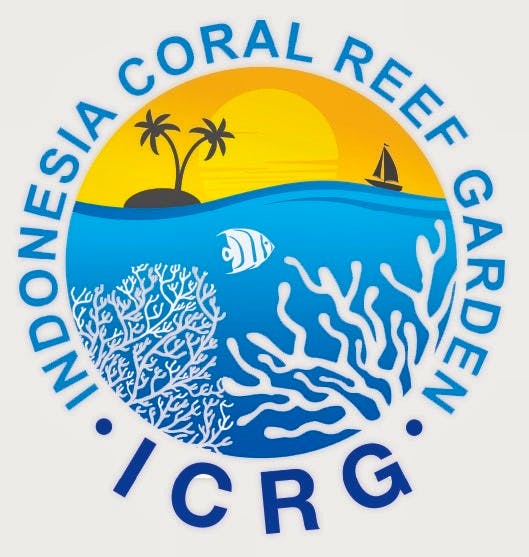
Indonesia Coral Reef Garden
Outstanding 4.9
 (48 reviews)
(48 reviews)
Non-profit - founded in 2019
Verified by Volunteer World
Good response rate
Coordinated by

kadek fendi
Spoken languages: English, Indonesian
About the project
Indonesia Coral Reef Garden aims to replant colonies of coral to restore and rehab damaged reefs ecosystem.
48 reviews ·  4.9
4.9
Location

You might also be interested in
-
Bali
Coral Reef Conservation
Snorkeling
Projects Abroad
Marine Conservation in Indonesia
Planning a Gap Year in Bali
Global Volunteer Opportunities
Best Volunteer Programs
Nature Volunteering
Voluntouring
Couples
Adults
Group Volunteering
Mission Trips
Volunteer Trips for College Students
Family Volunteering
50 Plus Volunteering
